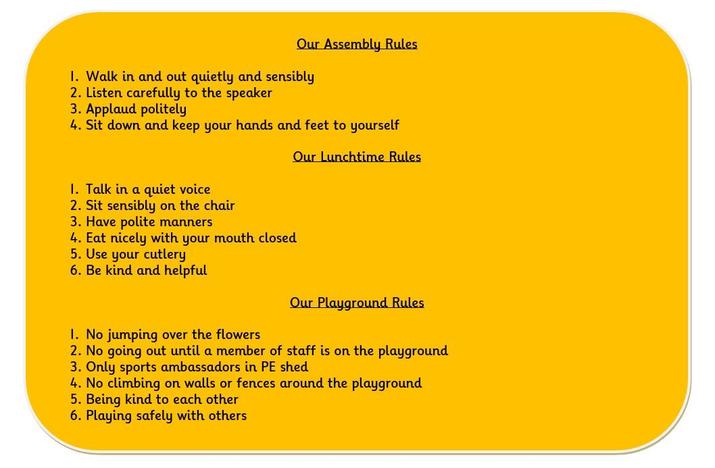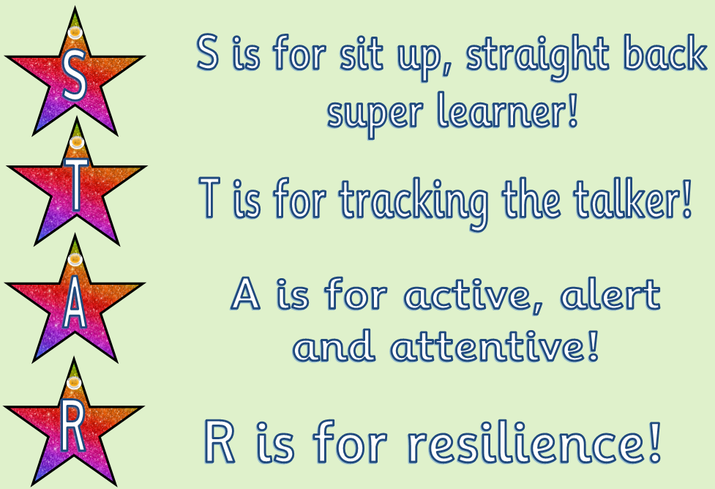Personal Development at Normanton-on-Soar Primary School
We aim to ensure that, over their time at Normanton-on-Soar Primary, learners receive a Personal Development curriculum that gives them the knowledge that they need to make decisions, to be resilient and to develop their character and personality. We provide these rich experiences in a coherently planned way – through our curriculum and extra-curricular activities.
Children at Normanton-on-Soar know and understand their role in society; they have a sound sense of self and contribute positively to their community. They are tolerant and understand that everyone’s voice should be heard and everyone’s views should be acknowledged and respected. They leave primary school armed with the core values of Forgive others, Work as a team, Show resilience, Be helpful and kind, Be curious and Be creative. They are aware of their responsibility as a citizen of the modern world and have secure and developed moral foundations on which to further build.
Our curriculum offer extends far beyond the academic to allow all pupils to develop in many diverse aspects of life. This is encapsulated in our Personal Development Curriculum.
We teach positive behaviours that are expected in school and within our families and community.
Children leave Normanton-on-Soar with the confidence to try new things and make mistakes, seeing the opportunity that lies within adversity. Our bespoke curriculum has been designed to get the best out of each and every learner. Children are resilient, hardworking and driven. They have been taught how to converse respectfully; how to value the responses offered by peers by tracking the talker, and how to politely disagree, offering their own thoughts and ideas. They stretch their own thinking by asking questions of both their peers and themselves.
Our curriculum is a way to support our children to be able to celebrate and embrace the different backgrounds, heritage, language and traditions of all the children living in this country. Our small school has a large proportion of white British families and we therefore endeavour to broaden the children’s experiences to better reflect the diverse nature of our country and the wider world.
We promote this through:
- Links with the local community and beyond
- Art that celebrates a variety of cultures and traditions
- Opportunities to listen to music from around the world
- Quality texts for story times and built into our English curriculum that highlight diversity
- Assembly themes
Links with the local community
- Regular visits to the church in NOS
- Visits to the local farm throughout the year
- Invite speakers/visitors into school
- Walks around the village linked to curriculum
- developing links with the boat club
- pupil visits to local government in Rushcliffe
School values
Our school values run through each lesson and everyday school life. During the school week, children engage with learning partners work to ensure and develop collaborative learning.
Praise is given to the children who exhibit our values through the school week via dojo points linked to STAR learning behaviours. Weekly assemblies are used as a time to reflect on each school value and the weekly Soaring High assembly will celebrate these achievements.
Diversity, Equality and Behaviour
Behaviour
Our Golden Rules
Equality, Diversity and Anti-Bullying
We are proud that our pupils display exceptional behaviour, with manners, courtesy and compassion towards each other as the norm. We believe in a whole school approach that ensure consistency and clarity.
At Normanton-on-Soar Primary School…..
- All children have the right to learn and play in an environment in which they feel safe
- All staff have the right to be treated with respect by pupils and parents just as pupils and parents have the right to be treated with respect by staff
- All children will be treated fairly and equally by staff
- All incidents will be dealt with fairly and consistently
- All children and parents/carers will know about the ethos of the school and what that means.
- Parents/carers will be informed of serious incidents or persistent unacceptable behaviour
- In responding to an individual child’s inappropriate behaviour, staff will take into account any circumstances particular to the child/ren and situation
- The Governors will meet whenever necessary to discuss specific incidents and make decisions about fixed or permanent exclusions
We know that we are all different and we celebrate and respect diversity.
The Equality Act 2010 combined nine separate pieces of legislation into one single Act simplifying the law and strengthening it in important ways to help tackle discrimination and inequality.
The Act introduced 9 protected characteristics;
Age
Disability
Gender reassignment
Marriage and civil partnership
Race
Religion and belief
Sex
Sexual orientation
Pregnancy and maternity
The Act also specifies particular areas of protection e.g. in employment and within education and set out general and specific duties which schools must meet.
The public sector Equality Duty consists of a general duty and some specific duties that are designed to help organisations like ours, meet their general duty.
Public Sector Equality Duty (PSED)
The General Duty has three aims;
it requires public bodies to have due regard to the need to:
• eliminate unlawful discrimination, harassment and victimisation and other conduct prohibited by the Equality Act
• advance equality of opportunity between people who share a protected characteristic and people who do not share it; and
• foster good relations between people who share a protected characteristic and people who do not.
Compliance with the general duty is a legal obligation to provide services which meet the diverse needs of our pupils, parents and staff.
Specific Duties require public bodies to:
• publish relevant, proportionate information demonstrating compliance with the Equality Duty. Subsequently, the information must be published at least annually; and
• set and publish first equality objectives which are specific and measurable. Subsequent objectives must be published at least every four years.
Publishing Data
The information published must show that you have consciously thought about the three aims of the Equality Duty as part of the decision-making process. The Information should include the effects that policy and practice have had on people who share a protected characteristic e.g. Race, disability, gender and age breakdown Indication of likely representation on sexual orientation and religion or belief.
Ofsted
Ofsted within its inspections also looks for evidence of adhering to statutory requirements and how effective our school is in promoting equality of opportunity and tackling discrimination. In particular they are looking for evidence of how:
• E&D is promoted among staff, learners, employers, parents and other partners
• The impact of its E&D work is assessed and takes appropriate action in response to findings
• Effective training so that at all levels people are able to understand their roles and responsibilities in relation to E&D
• All learners are protected from harassment, bullying and discrimination, including those based with employers
• It manages incidents and complaints related to E&D
• Targets are set and data is used to monitor, analyse and improve performance by different groups of learners
• Action is taken to reduce significant variation between different groups of learners
Key features for outstanding equality and diversity would include:
- High success rates for all learners
- Equality has a strategic prominence and is integral to self –assessment and planning
- Equality is understood by all and is evident in daily activities
- Clear and decisive evaluation and monitoring of performance and outcomes of different groups of learners and appropriate action taken to narrow gaps
- Managing attendance and absences and how this can have an impact upon achievement
- Well planned curriculum meets needs of individual learner with good referrals to other providers where provider is unable to do this
- Inappropriate behaviour, comments and bullying is challenged
- Strong community involvement
- Employers actively engaged and promote commitments and benefits of diversity
- Frequent and effective staff training at all levels
- E&D is embedded across all areas of teaching, training, learning
The Equality Act – 2010
Progammes current running at our school…
- United Against Bullying (UAB)The United Against Bullying programme is the Anti-Bullying Alliance’s new whole-school anti-bullying programme. It supports schools to reduce bullying and improve the wellbeing of all children, focusing on those most at risk, including children and young people with SEND, children and young people who experience racist and faith-targeted bullying, sexual bullying, homophobic, biphobic and transphobic bullying, looked-after children, young carers and those on free school meals. The overall aim of the programme is to establish United Against Bullying Schools. These are schools that have evidenced their work to reduce bullying and improve the wellbeing of all pupils.
- Celebrating Anti-Bullying week together
- https://anti-bullyingalliance.org.uk/anti-bullying-week/anti-bullying-week-2021-one-kind-word





